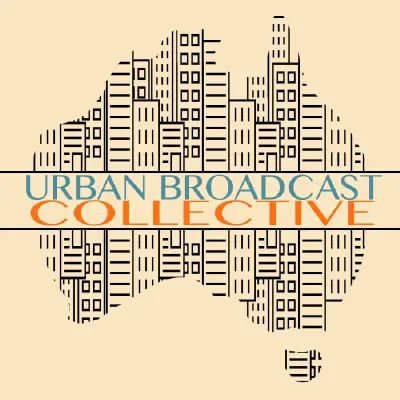Podcasts about Urban planning
Episodes about Urban planning
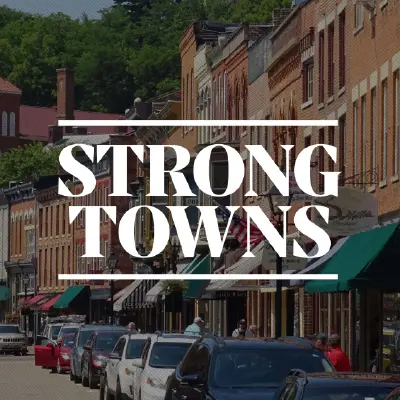
A few weeks ago, the New York Times article "Why America Should Sprawl" went viral, sparking a national discussion about housing and development patterns.
In today’s episode, Chuck sits down with Conor Dougherty, the reporter behind the article, to discuss his perspective on housing in more depth.
ADDITIONAL SHOW NOTES
Prefer to read or watch? We've got you covered. Click here for the transcript or here for the YouTube video.
Learn how to beat the housing crisis the right way. Download The Housing-Ready City: A Toolkit for Local Code Reform today!
Read more:
“America Should Sprawl” by Conor Dougherty
“Golden Gates” by Conor Dougherty
“America Should Sprawl? Not If We Want Strong Towns” by Charles Marohn
“Escaping the Housing Trap” by Charles Marohn and Daniel Herriges
Chuck Marohn (Substack)
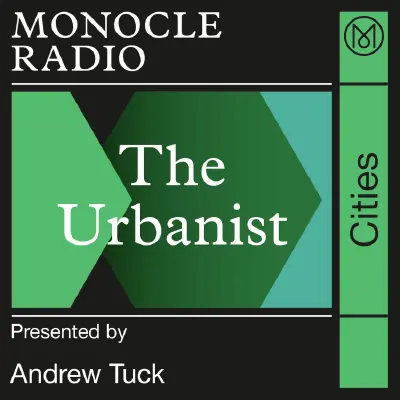
We explore an innovative pay-to-grow scheme that is helping to encourage tree growth in Sierra Leone’s capital city. Plus, Stockholm’s Battle of the Elms and making a greener Denver.See omnystudio.com/listener for privacy information.
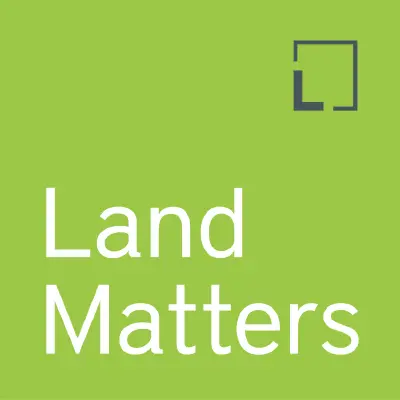
Demand for walkable urbanism is stronger than ever, according to Mallory Baches, president of the Congress for the New Urbanism, an organization that has been promoting compact, mixed-use, transit-oriented development for more than three decades.
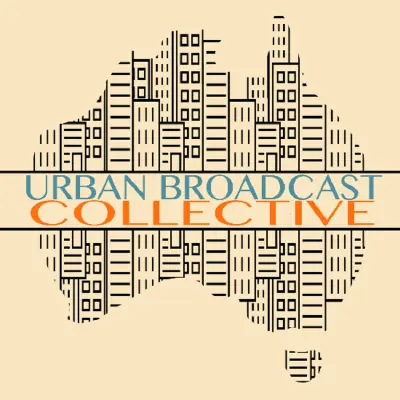
May 26, 2025
183. Designing for Exchange: Public Markets and Civic Life_PX
Urban Broadcast Collective ❭
In this episode of PlanningXchange, we speak with Professor Alfonso Morales and Edna Ely-Ledesma of the University of Wisconsin-Madson about the unique and often overlooked role of public markets in shaping vibrant, inclusive urban environments. Drawing on their research and on-the-ground experience, they share insights into how markets serve not just as commercial spaces, but as critical infrastructure for food access, social connection, and local economic resilience.
We explore the history and diversity of market types across different regions, the policy frameworks that support or hinder their success, and the role markets play in community-building and placemaking. Alfonso and Edna also discuss the innovative Farm 2 Facts toolkit—a software platform they developed to help market managers collect, analyze, and visualize data on their operations. This decision-support tool empowers cities and market operators to better understand food distribution, ecosystem services, and community impact in real time icicle.osu.edudpla.wisc.edu.
For more information and to explore the toolkit, visit farm2facts.org icicle.osu.edu
In Podcast Extra, Alfonso recommends ‘The Cadfael Chronicles’ https://en.wikipedia.org/wiki/The_Cadfael_Chronicles. Edna recommends ‘Conclave’ the film https://en.wikipedia.org/wiki/Conclave_(film)
Jess recommends ‘Alone Australia’ https://en.wikipedia.org/wiki/Alone_Australia.
Pete recommends ‘Bullet Train Explosion’ https://www.netflix.com/au/title/81629968
Podcast episode released 26 May 2025.
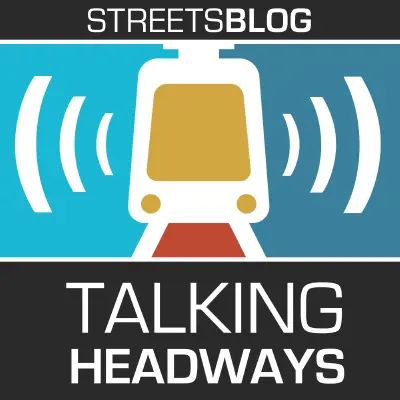
May 22, 2025
Episode 534: When You Don't Really Need an Ambulance
Talking Headways: A Streetsblog Podcast ❭
This week we’re joined by Ross Peterson to talk about non emergency medical transportation and his new wheelchair accessible transportation company RIDEtoo. We talk about transportation funding for medical visits and how they can be more efficient. Also find Ross on Linked In +++ Get the show ad free on Patreon! Follow us on Bluesky, Threads, Instagram, YouTube, Flickr, Substack ... @theoverheadwire Follow us on Mastadon theoverheadwire@sfba.social Support the show on Patreon http://patreon.com/theoverheadwire Buy books on our Bookshop.org Affiliate site! And get our Cars are Cholesterol shirt at Tee-Public! And everything else at http://theoverheadwire.com

In this last episode of Isn't That Spatial, we cover places that are believed to have some mystical powers/woo-woo significance based on geographic location. This episode is dedicated to Sarah Wirtz. <3

Aug 14, 2024
Clea Daridan (S6, E1): Head of Arts and Culture at Community Jameel - Climate Activist, Lecturer, Human
Urban Eyes: Planning in Context ❭
Welcome to the first international episode of Urban Eyes. In this episode, Walle sits down together with Clea Daridan to discuss Climate Change, Environmental Research, and Humanity's collective future.
We sincerely hope you enjoy this episode, wherever you are tuning in from.

The rising problem of mopeds and motorcycles in New York City bike lanes is impossible to ignore but the solutions are anything but simple. Recently, journalist and friend of the podcast Aaron Gordon wrote an essay for his newsletter titled "Biking in New York City Has Gotten Worse," in which he laments the change that's happened in recent years of larger and faster motorized vehicles using the city's bike lanes. We're not talking pedal-assist e-bikes and cargo bikes or even the Arrow e-bikes that have long been preferred by New York's delivery workers. We're talking full-on mopeds and motorcycles—electric and gas-powered alike—many of which are unlicensed and, even if they did have the proper registration, generally do not belong in bike lanes. In this coversation, we talk about how and why this problem has grown, largely due to the major food-delivery app companies which wash their hands of any responsibility for providing their workers, all of whom are categorized not as employees but as contractors, with fair wages, benefits, and even street-legal vehicles. Can government force the app companies to step up? What should people who advocate for safe streets and bike infrastructure do? It's complicated. ***This is a preview of a Patreon bonus episode. To hear the full episode and for complete access to all our exclusive bonus content become a Patreon supporter of The War on Cars.***
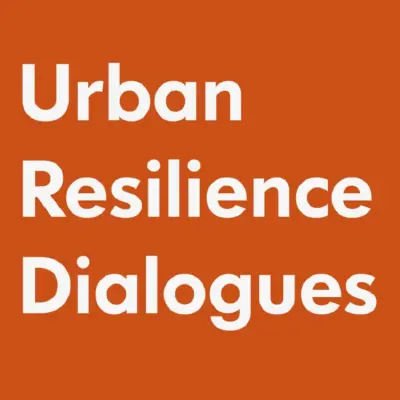
In this episode of Urban Resilience Dialogues, we are talking about learning.
To explore this new topic, we discussed with Juan Carlos Uribe. Juan is working as a Learning Officer at United Cities and Local Governments (UCLG), which is one of the largest networks of cities, local and regional governments and their associations. He shared with us his rich experience promoting decentralized cooperation, city-to-city learning, and developing learning resources for the localization of global agendas such as the SDGs and the Sendai Framework for Disaster Risk Reduction.
